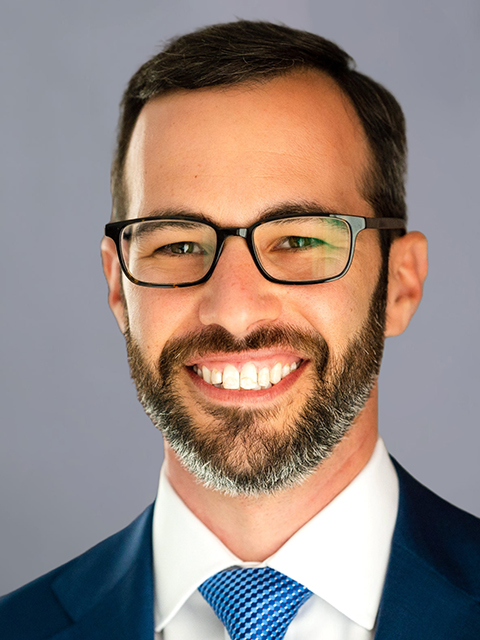When the Doctor Has Diabetes
When we talk about diabetes most of us think of Type 2 diabetes because it is by far the most prevalent form of the disease, accounting for 90 to 95 % of all cases in the United States.
Type 1 diabetes is less common than Type 2, about 5 percent of people with diabetes have Type 1. But, getting diagnosed with Type 1 can still be frightening.
Type 1 diabetes is an autoimmune disease in which the immune system destroys the cells that produce insulin, so the body can’t make it. It’s usually diagnosed in childhood or adolescence, which is exactly what happened to Dr. Ross Kristal, an internist and Senior Director in NYC Health + Hospital’s Office of Ambulatory Care and Population Health, who first learned the news when he was 7. He shared this touching memory from his childhood:
Initially, I did not handle the diagnosis well. I hated needles and the idea of having to inject myself multiple times a day was extremely upsetting. I remember crying and pleading with my parents not to have to do a blood test. I even came up with songs that I would sing to protest having to do one.Dr. Ross Kristal

Although having childhood diabetes wasn’t the only factor in his decision to become a doctor it definitely played a part. Initially he struggled with having to do blood tests and insulin injections, but his endocrinologist encouraged him and his parents to learn more about diabetes. The endocrinologist wisely believed that understanding diabetes more would transform tasks like blood testing and insulin injections from chores into logical actions. Taking her advice, Dr. Kristal and his family immersed themselves in learning, which sparked an interest in the sciences and in medicine.
As an adolescent, Dr. Kristal was also involved in the Juvenile Diabetes Research Foundation and credits his experiences with that organization for further piquing his interest in becoming a physician.
Today, Dr. Kristal is a primary care doctor and works in the Office of Ambulatory Care & Population Health. Many of his patients also have diabetes, usually type 2, which is different from type 1, but also revolves around the body’s inability to use insulin properly.
But there are hallmarks of both types of this disease that make Dr. Kristal uniquely empathetic in the way he treats his patients.
For example, he is all too familiar with the experience of having high or low blood sugar.
High blood sugar, he says, makes him thirsty or tired, while low blood sugar can make him feel shaky, sweaty or confused. When his patients talk about these symptoms, he really gets it.
He knows what it’s like to constantly have to manage and think about what you eat. And he has a special empathy for his patients who are always on the receiving end of being injected with needles.
Fortunately, Dr. Kristal’s own experiences with doctors along the way, including the endocrinologist who taught him that knowledge is power, were positive and inspiring.
I’ve been very fortunate to have terrific Endocrinology physicians and nurse practitioners care for me. As a patient, when I feel heard and validated, it significantly strengthens my relationship with my health care team and enhances my overall care.Dr. Ross Kristal
Some practical tips from Dr. Kristal include three crucial things you can do to prevent diabetes related complications:
- Manage your A1C test, which measures your average blood glucose levels
- Manage your blood pressure
- Manage your cholesterol
Great advice from a man who knows first hand and wants the best outcomes for both his patients and himself.
For more information on NYC Health + Hospitals Diabetes Services, click here.
